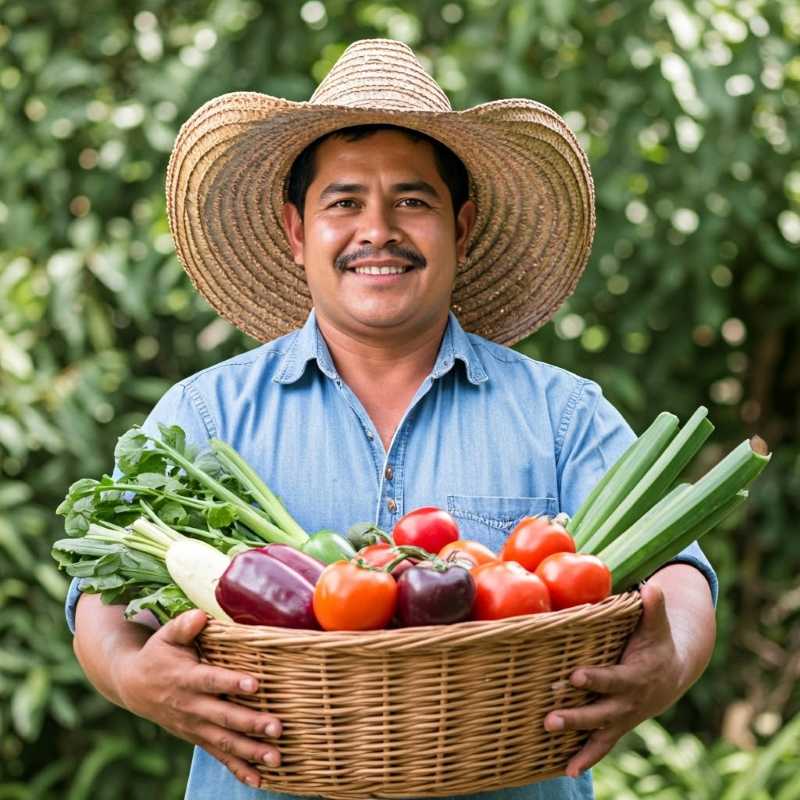Inside Mexico's Ambitious Food Security Law
Mexico's General Law on Adequate and Sustainable Food (LGAAS), enacted in 2024, marks a milestone in food policy. It codifies the right to food, establishes a comprehensive framework for food production, distribution, and consumption, and creates new institutions to oversee implementation.

April 17, 2024, marked a turning point in Mexico's legislative approach to food security and citizens’ right to food, as the General Law on Adequate and Sustainable Food (LGAAS) was officially published in the Official Gazette of the Federation. After more than a decade of political debate, advocacy, and international influence, the law embodies Mexico's first comprehensive policy to ensure food access and sustainability, reflecting a dynamic shift in how the government intends to address food issues, hunger, and nutrition.
The LGAAS is not simply the product of recent political efforts but rather the culmination of a multi-faceted movement in Mexican law and policy, dating back to Mexico’s 2011 constitutional recognition of the right to food. This foundational principle, which acknowledges every citizen’s right to adequate and sustainable nutrition, was catalyzed by the Food and Agriculture Organization of the United Nations (FAO) in 2009 through the creation of the Parliamentary Front against Hunger (FPH). Formed in conjunction with legislators from Latin America and the Caribbean, the FPH sought to inspire legislative action on food security, pushing for laws that addressed hunger and food sustainability across the region.




